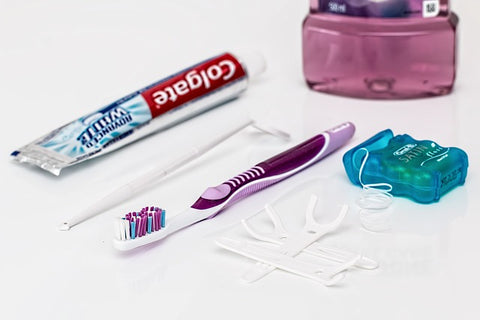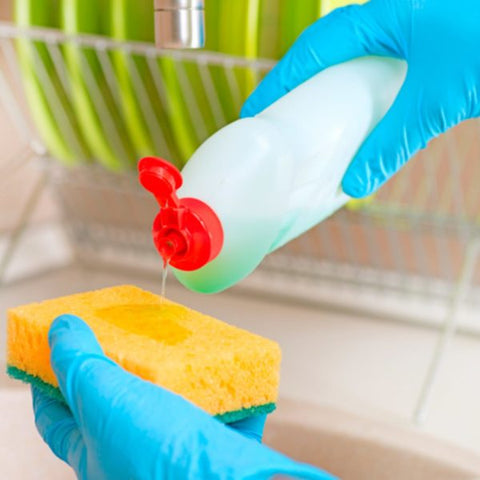Staying healthy is not only about eating a balanced diet and exercising regularly. It also has a lot to do with adopting hygienic and clean habits or routines. Here are some simple yet essential ways in which you can add to your hygiene and become healthier.
Who doesn’t love a sparkling smile and a set of healthy teeth?
But with unhealthy eating habits and a lazy attitude towards dental hygiene this is a dream for many. There are billions of bacteria living inside our mouths at any given time. Many of these bacteria build up as plaque, causing tooth decay (cavities) and gingivitis, which can lead to periodontal (gum) disease. For a healthy smile, you must practice good oral hygiene every day. A good oral hygiene means you can chew well and can avoid toothaches and discomfort.
Here are a few simple ways to maintain good oral hygiene:
- Start children early. One in four young children develops signs of tooth decay before they start school. Half of all children between the ages of 12 and 15 have cavities. Dental care should begin as soon as a child’s first tooth appears, usually around six months.
- Use enough — but not too much — fluoride. The use of fluoride helps strengthen enamel, making it less likely to decay. Many toothpastes and mouth rinses contain fluoride.
- Brush twice a day and floss daily. Gum disease and tooth decay remain big problems for all age groups. Here are a few things to take care:
- Toothbrushes should be changed 3 to 4 times a year.
- Teenagers with braces need special toothbrushes and other oral hygiene tools, consult your orthodontist.
- Rinse after meals. In addition to brushing and flossing, rinsing your mouth with an antibacterial rinse/ mouthwash can help prevent decay and gum problems.
- Block blows to teeth. Sports and recreational activities build healthy bodies, but they can pose a threat to teeth. Consult your dentist for more details on a mouth guard for contact sports activities.
- Eat smart. At every age, a healthy diet is essential to healthy teeth and gums. A well-balanced diet of whole foods — including grains, nuts, fruits and vegetables, and dairy products — will provide all the nutrients you need.
Source – Kokilaben Dhirubhai Ambani Hospital & Medical Research Institute



